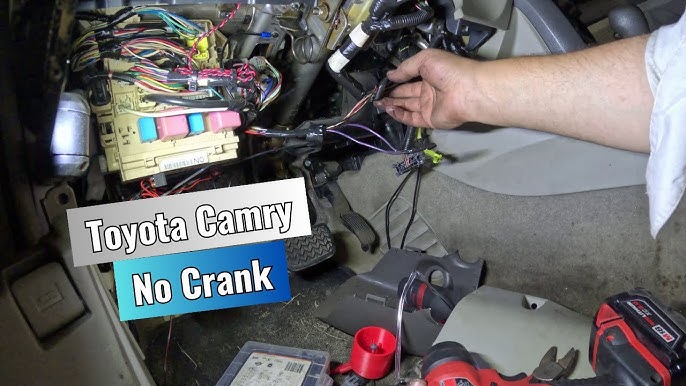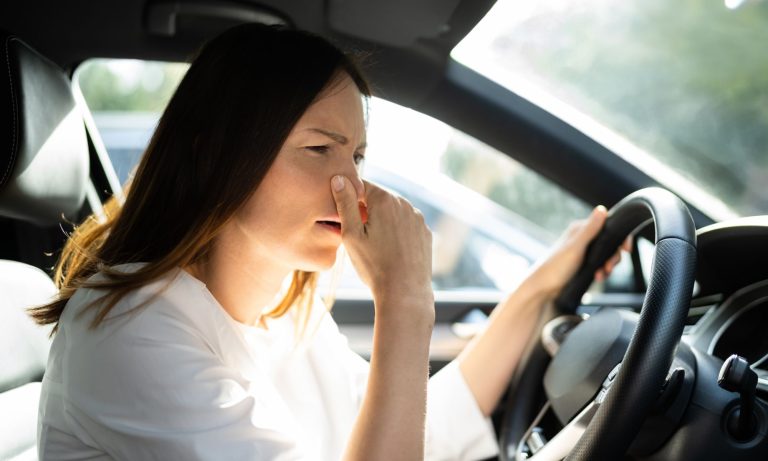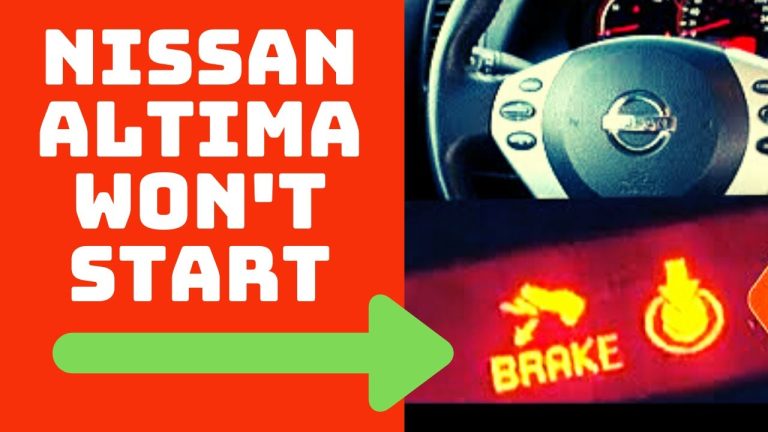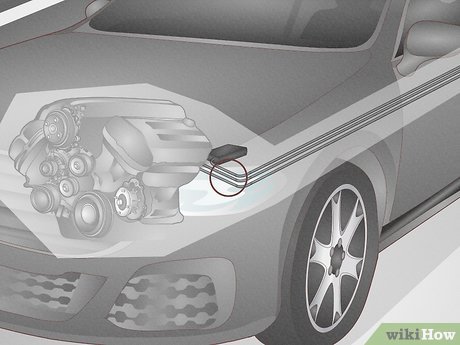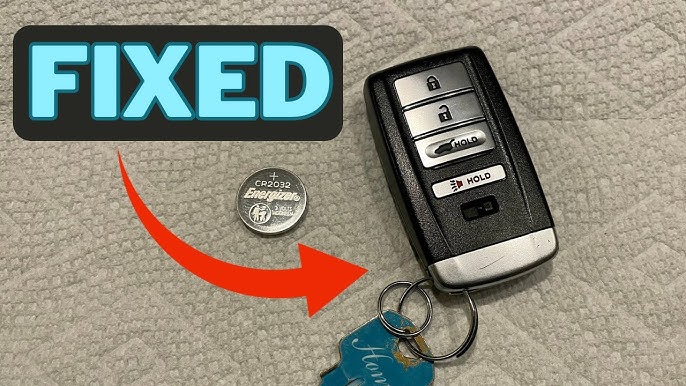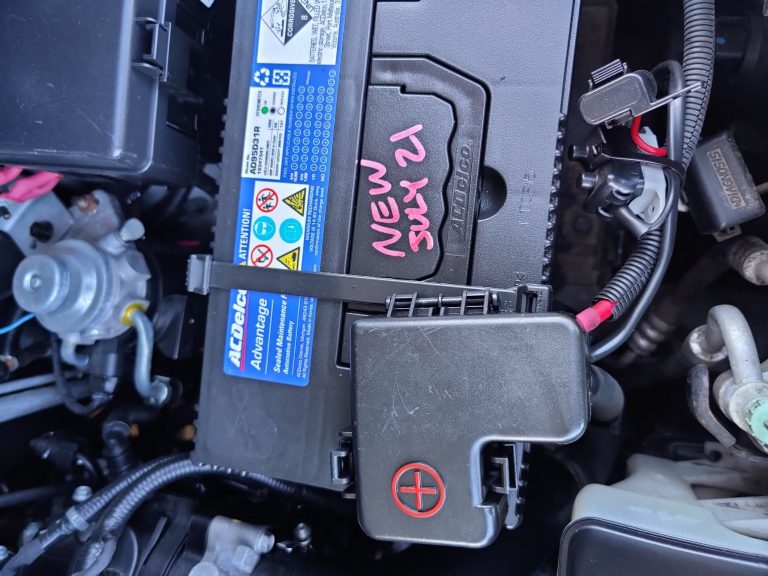Toyota Camry Won’t Start But Has Power: Troubleshooting Tips
If your Toyota Camry won’t start but has power, the issue could be a faulty starter, bad ignition switch, or a problem with the fuel system. Check the battery terminals, starter relay, and fuses. If all seem fine, a professional diagnostic is recommended to pinpoint the exact cause.
Frustrating, right? You’re not alone in this puzzling situation. Many Camry owners face this dilemma and wonder what could be wrong. But don’t worry—you’re about to discover what might be causing the problem and how you can solve it. This guide will arm you with easy-to-understand solutions, so you can fix the issue and get back behind the wheel.
Toyota Camry Won’t Start But Has Power
Common Causes Of Starting Issues
A Toyota Camry with power but won’t start often faces issues like a faulty starter or ignition switch. Battery connections might be loose or corroded. Examining these components can help pinpoint the problem and restore functionality.
When your Toyota Camry refuses to start despite having power, it can be both puzzling and frustrating. You might be ready to head out, only to find that your car is not cooperating. Understanding the common causes of starting issues can help you troubleshoot effectively and get back on the road.
Read more: Subaru Won’t Start: Troubleshooting Tips & Solutions
Battery Issues
Your Camry might have power, but if the battery connections are loose or corroded, it can prevent the car from starting. A simple check can reveal if the terminals need cleaning or tightening. Sometimes, even a battery that seems fine can be on the brink of failure. Consider testing your battery’s voltage to ensure it holds enough charge.
Faulty Starter Motor
A faulty starter motor is another common culprit. If you hear a clicking sound when you turn the key, the starter might be struggling. The motor could be worn out or there might be an issue with the solenoid. Replacing the starter motor can often resolve the problem.
The ignition switch is crucial for starting your vehicle. If it’s malfunctioning, it can prevent the car from firing up. Sometimes the switch can wear out or get dirty. Checking if the dashboard lights come on when you turn the key can hint at ignition switch issues.
Fuel System Blockage
Imagine your Camry trying to start without fuel reaching the engine. A blocked fuel line or a faulty fuel pump can stop your car from starting. Listen for the fuel pump when you turn the ignition. If you don’t hear it, there might be a problem needing attention.
Security System Interference
Modern Camrys come equipped with security systems that can sometimes interfere with starting. If the anti-theft system is activated, it might prevent the car from starting. Ensure your key fob is working correctly and that you’re using the right key.
Transmission Gear Selector Issues
It sounds simple, but make sure your Camry is in ‘Park’ or ‘Neutral’. Sometimes, the gear selector might not be fully engaged. This can prevent the car from starting. Double-checking the gear selector’s position can save you from unnecessary hassle.
Understanding these common causes can empower you to take swift action. Have you ever faced a starting issue with your Camry? What did you find was the cause? Addressing these concerns can make your next unexpected car trouble a little less daunting.

Credit: www.reddit.com
Battery And Electrical System Check
Experiencing a Toyota Camry that won’t start despite having power can be frustrating. Checking the battery and electrical system might reveal issues. These components often cause starting problems even when power seems sufficient.
When your Toyota Camry refuses to start, yet still has power, it can be quite frustrating. The battery and electrical system are often the culprits. Understanding how they work can help you troubleshoot effectively. This section will walk you through checking these components to get your car back on the road.
Read more: Car Cranks But Does Not Start: Troubleshooting Guide
Check The Battery Connections
Start with the basics. Ensure the battery connections are tight and clean. Loose or corroded terminals can prevent your car from starting despite having power.
A personal tip: I once spent hours diagnosing my car’s electrical system only to find a loose battery connection. A quick tighten and my Camry roared to life.
Inspect The Battery Health
Is your battery healthy? A weak battery might still power the lights but can struggle to start the engine. Use a multimeter to check the voltage. Anything less than 12.4 volts could mean trouble.
Battery health can fluctuate with temperature changes. Ever noticed your car struggling more in cold weather? It’s not uncommon for batteries to weaken in colder climates.
Examine The Fuses And Relays
Fuses and relays play a crucial role in the electrical system. A blown fuse can stop your car from starting even if there’s power. Check the fuse box located under the hood or in the cabin.
Consider this: Have you ever replaced a fuse without checking if it blew again? A recurring issue might indicate a deeper electrical problem.
Assess The Starter Motor
The starter motor is responsible for turning the engine over. If it’s faulty, your car won’t start. Listen for a clicking sound when you turn the key. This often signals an issue with the starter.
Here’s a question for you: Have you had your starter checked recently? Regular maintenance can prevent unexpected failures.
Investigate Wiring Issues
Wiring issues can be elusive. Damaged or frayed wires can disrupt the electrical system. Look for visible damage and ensure all connections are secure.
Unexpected insight: Did you know rodents can chew through wiring? It’s a rare but possible cause for electrical malfunctions.
Professional Help
Sometimes, DIY checks aren’t enough. If you’ve gone through these steps and your Camry still won’t start, consulting a professional mechanic might be your best option.
Consider asking yourself: How much time have you spent trying to fix the issue? Sometimes, professional help can save you time and stress.
Remember, a proactive approach to maintaining your Camry’s battery and electrical system can prevent many starting problems. Regular checks and timely interventions can keep your car reliable and ready to go.
Starter Motor And Solenoid Inspection
Your Toyota Camry won’t start despite having power, and you’re left wondering why. A common culprit is the starter motor and solenoid. These components play a crucial role in starting your car. If they’re faulty, your engine won’t turn over even if your battery is fully charged. Let’s dive into how you can inspect these parts yourself.
Starter Motor: What To Look For
The starter motor is the heart of your car’s starting system. If it fails, your Camry won’t start. Listen for a clicking sound when you try to start your car. This might indicate a problem with the starter motor.
Another sign is a grinding noise, which suggests the starter motor is engaging with the engine improperly. You might have experienced this once when your car suddenly roared to life after a few tries, only to falter again. Don’t ignore these signs.
How To Test The Solenoid
The solenoid is like a bridge between the battery and the starter motor. If it fails, the starter motor won’t get the electricity it needs to turn the engine. Use a multimeter to test the solenoid’s connectivity.
Check for continuity between the solenoid terminals. If there’s none, it’s likely faulty. A friend once shared how a simple solenoid replacement saved them from a morning of frustration and a missed meeting. Consider doing the same if you find issues.
Diy Or Professional Help?
Should you tackle this inspection on your own or call a mechanic? If you’re comfortable with car repairs, testing the starter motor and solenoid might be within your reach. Ensure you have the right tools and safety measures.
However, if you’re unsure, seeking professional help is wise. Remember that time when a small DIY project turned into a bigger hassle? Avoid that by knowing your limits. What’s your comfort level with car repairs?
Inspecting your starter motor and solenoid can save you time and money. You’ll avoid unnecessary towing and service charges. Take action now to ensure your Toyota Camry gets back on the road smoothly.

Credit: www.youtube.com
Ignition Switch Problems
The ignition switch plays a key role in starting your Toyota Camry. It sends power to the car’s electrical systems. Sometimes, the switch may fail, causing starting issues. You might have power, but the engine won’t start.
Let’s explore common issues with the ignition switch.
Loose Connections
Loose connections in the ignition switch can cause starting problems. Check if the ignition switch wiring is secure. Ensure there are no visible signs of wear or damage.
Worn-out Contacts
Contacts within the ignition switch can wear out over time. This wear causes poor connections. The switch might not send power effectively. Regular checks can help identify this issue early.
Corrosion
Corrosion can affect the switch’s contacts. Moisture can enter the ignition switch. This causes rust and poor conductivity. Cleaning the contacts might resolve the issue.
Switch Failure
The ignition switch itself can fail. Internal components might break or get stuck. A failed switch often requires replacement. Professional diagnostics can confirm this issue.
Testing And Diagnosis
Testing the ignition switch is essential. Use a multimeter to check the switch’s functionality. This helps determine if the switch is the problem. A qualified mechanic can perform these tests.
Replacement Options
If the ignition switch fails, consider replacement options. Choose genuine parts for reliability. Seek professional help for installation. Proper replacement ensures your Camry starts smoothly.
Fuel System And Spark Plug Evaluation
Experiencing a Toyota Camry that won’t start despite having power? It might be time to check the fuel system and spark plugs. Ensuring these components are functioning properly could resolve starting issues and improve overall vehicle performance.
Fuel system and spark plug issues are common in cars. When your Toyota Camry won’t start but has power, these components are crucial. Understanding their role can help you diagnose the problem.
Fuel System Basics
The fuel system delivers gasoline to your engine. It includes the fuel pump, filter, and injectors. If any part fails, the engine won’t start. Check for clogs or leaks. A blocked fuel filter can restrict fuel flow. This makes starting difficult. Ensure the fuel pump is working. Listen for a humming sound when turning the key. No sound means the pump may need replacement.
Spark Plug Functionality
Spark plugs ignite the fuel-air mixture in the engine. If worn out, they won’t create a spark. This prevents the engine from starting. Inspect the spark plugs for damage. Look for carbon buildup or wear. Replace if necessary. Ensure they’re properly connected. Loose connections can disrupt the spark.
Checking The Fuel Injectors
Fuel injectors spray fuel into the engine. If clogged, they hinder fuel delivery. This affects engine startup. Use a cleaner to remove deposits. Regular maintenance keeps them working well. Listen for clicking sounds when the engine cranks. No sound indicates a potential issue.
Testing The Ignition Coil
The ignition coil generates the high voltage needed for spark plugs. A faulty coil can lead to starting problems. Test it with a multimeter. Compare the readings to the manufacturer’s specifications. Replace the coil if the readings are off. Proper ignition coil function ensures a reliable start.

Credit: www.facebook.com
Frequently Asked Questions
Why Does My Toyota Have Power But Won’t Start?
Your Toyota may have a faulty starter, dead battery, or fuel delivery issues. Check for a bad ignition switch or a clogged fuel filter. Inspect electrical connections and fuses for any faults. Consult a mechanic if the problem persists.
Why Is My Toyota Camry Turning Over But Not Starting?
Your Toyota Camry may not start due to a dead battery, faulty starter, or fuel system issues. Check the spark plugs and ignition system. Inspect for any blown fuses or damaged wiring. Ensure there’s enough fuel in the tank. If problems persist, consult a mechanic for a thorough diagnosis.
What Happens If Your Car Won’t Start But Has Power?
Check the starter motor, ignition switch, and battery connections. Inspect the fuel pump and spark plugs. Ensure the engine isn’t flooded.
Why Won’t My Camry Start But The Lights Come On?
Your Camry might not start due to battery issues or a faulty starter motor. Inspect connections and test the battery voltage. Check for corroded terminals or loose wires. If the battery is fine, consider testing the starter motor. Consult a mechanic if problems persist.
Why Won’t My Toyota Camry Start But Has Power?
Battery might be weak or damaged. Check connections and voltage. Starter or ignition issues could also be the cause.
Conclusion
Your Toyota Camry Won’t Start But Has Power. It’s often due to common issues. Check the battery connections first. Loose cables can cause problems. Consider the starter motor next. It might need replacement. Also, inspect the ignition switch. A faulty switch can prevent starting.
Don’t forget the fuel system. Ensure there’s enough fuel in the tank. Regular maintenance helps avoid such issues. Keep your vehicle in top condition. Seek professional help if needed. These steps can help your Camry start smoothly again. Stay proactive with car care to prevent future problems.

